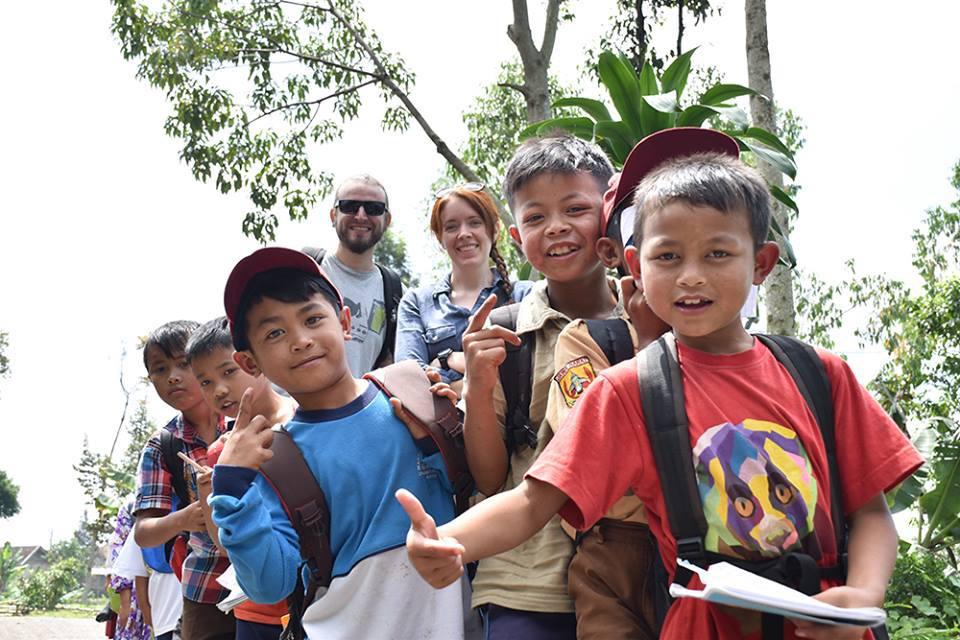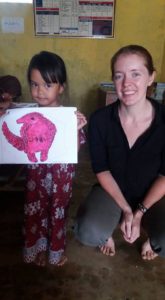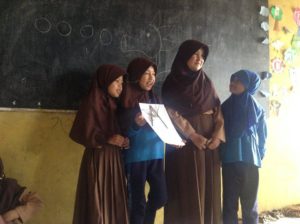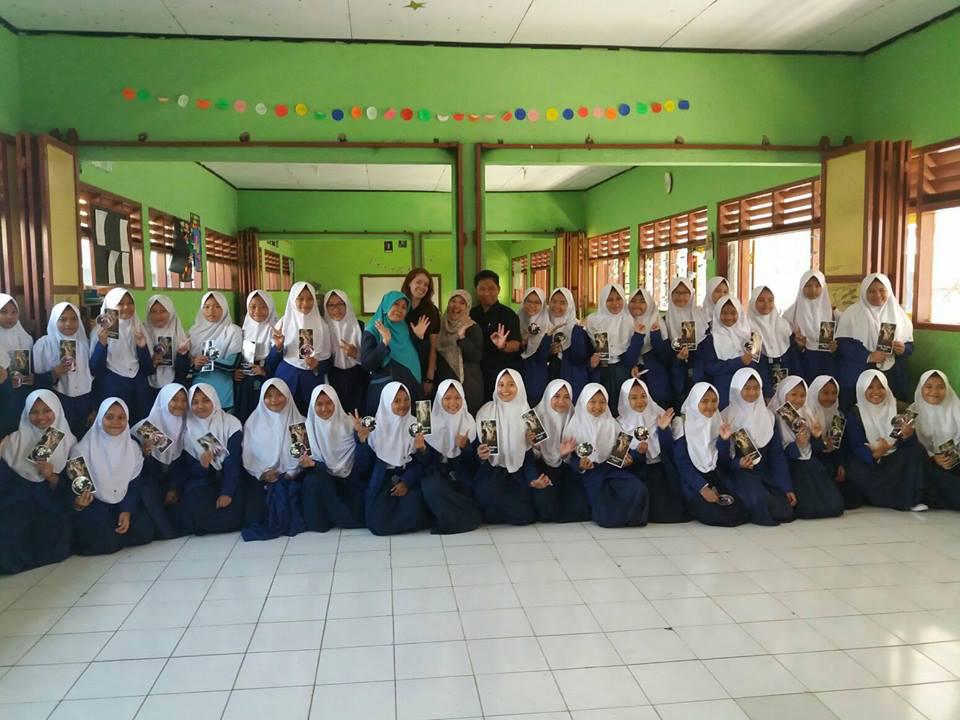So often, when looking for volunteering opportunities in wildlife conservation or research, you’ll see images of deep dark forests, scientific observations, rescued animals being fed or sometimes even played with, etc. However, something that isn’t always pushed forward into the public eye is the massive amount of outreach and education work that is done at these centres.
It is well known how important of a role conservation education plays in shaping human actions, and more and more conservation organizations are working this into their daily programmes. Thanks to today’s technologies, schools in Europe and North America are able to be linked to schools across south-east Asia and Africa, bringing children closer than ever to the forefront of conservation.
We here at the Little Fireface Project recognise this importance and have launched several education programmes because of it. We believe that one of the best ways to protect future generations of wildlife, is to education future generations of humans! By teaching local children slow loris ecology in a fun, positive atmosphere, we are helping them to love wildlife as much as we do. In this way, a new generation of slow loris – loving locals might one day choose more wildlife-friendly farming practices, or perhaps speak out against illegal pet trade when they see it, or even go on to run their own conservation organisations! The possibilities are endless when you stand on a solid education.
Here’s a closer look at some of the programmes that we’re running now at our main field site in West Java.
Nature Club
We hold two weekly classes at the local primary school in the village of Cipaganti. Here we run 3-month long curriculums each with a new theme, all aiming to create a curiosity and love of the natural world that our students live in.
This year we have 60 students aged 5 to 12! They’re split into three classes each going through our curriculum at their own pace. They’re currently finishing up “A Healthy Forest”, where children worked on projects related to forest ecosystems, ecology, and food chains, and will soon begin our next exciting curriculum: “Building Bridges for Slow Lorises” which will incorporate characterisation and interactive lessons on forest connectivity and slow loris social structure.
Slow Loris Forest Protector
For the last 3 years, LFP team members have visited schools throughout West Java to deliver our fantastic conservation education programme: Slow Loris Forest Protector. Using an original story book, children are taught about slow loris ecology and the special relationships that they have to the forest as well as to farmers.
Children learn through story-telling, drawing, craft-making and play! Results of this programme have been fantastic and even published in international journals!
- Sharon McCabe
- Field Station Coordinator





